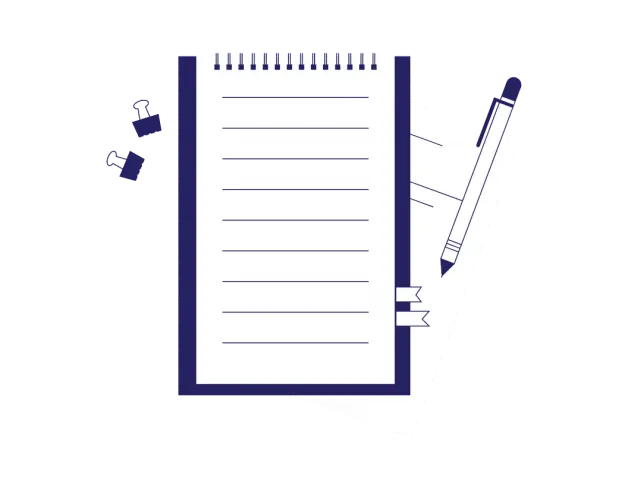
- 3-minute read
- 23rd October 2014
How to Write Dates Correctly
There are many different ways to write dates, so knowing which one to use in your work can be difficult. At a basic level, you need to get the format and information correct. But you also need to consider whether the style in which you’ve written the date is appropriate for your document.
Read on, then, for our guide on how to write dates correctly.
Writing Out the Date
In very formal writing, it’s often best to write out the date in full. The most formal version of this may include using an ordinal signifier (‘th’, ‘rd’ or ‘st’) after the date, like this:
The meeting is on the 23rd of October 2016.
However, in most cases, you can just give a date, month and year:
The meeting is on 23 October 2016.
You would still pronounce this as ‘the 23rd of October’ in speech, but in writing you can simplify this to make it easier to read.
Moreover, in some situations, you may want to include the day of the week in the date, especially if it has specific connotations (e.g. Friday the 13th).
Shorter Form Dates
In less formal writing, a shorter date format can be used. This typically uses only numbers separated by full stops or slashes, with no need to write out the name of the month. Shortening the year is also acceptable as long as it will be clear which year you mean, such as in the following:
- 23.10.16
- 23/10/2016
You can also write out the date but shorten the month to save space:
- 14 January 2016 → 14 Jan 2016
- 9 October → 9 Oct
Although these options are easy to understand and perfectly acceptable in most writing, they are not typically correct in an academic context.
Find this useful?
Subscribe to our newsletter and get writing tips from our editors straight to your inbox.
Australian vs. American Dates
Another thing to keep in mind is that the date format is different in different places. In Australia, we use a day, month, year format, as shown above.
In America, the month comes first. As such, we can reformat some of the examples above to compare how they’d appear in Australia and America:
| Australian Date | US Date |
| 23 October 2016 | October 23, 2016 |
| 23.10.16 | 10.23.16 |
| 14 Jan 2016 | Jan 14, 2016 |
As you can see above, we’ve used a comma in the US dates to separate the day and the year, both of which are numbers.
The fact that the day and month are swapped around can lead to confusion, especially if written in number form, so do be aware of this!
The International Date Format
Finally, if you’re sharing information across the world, you may want to use the international date format (ISO 8601). This is a standardised format that works across borders, so it is commonly used by government organizations and global businesses. And it always uses the format YYYY-MM-DD, which removes any chance of confusion:
We sent the invoice on 2020-07-10.
The date above, for example, denotes the 10th of July 2020.
How to Write the Date in Academic Writing
There is no single ‘correct’ way to write the date in an essay, but it’s usually better to use a formal approach. Check your university style guide and see what it recommends. If it doesn’t specify a format, pick one you feel is appropriate and use it consistently throughout your document.
If you would like to have a 500-word sample of your work proofread for free, get in touch with the professionals at Proofed today!